
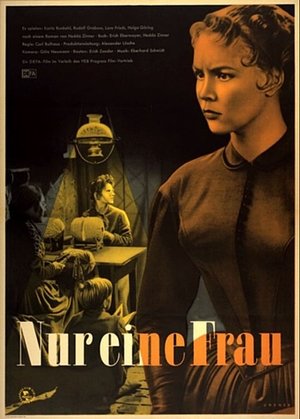
Nur eine Frau
105 minutes
3/6/1958
Overview
The film tells the life story of Louise Otto Peters, who in the middle of the XIX century in Germany for the first time raised a voice of protest against the unfair treatment of women and their labor. She created the first "women's newspaper" in Germany. The daughter of a famous lawyer, Louise could have easily arranged her life by marrying the wealthy Baron Rodern. But she chose a different purpose in life - to fight for equal rights for women. Through her articles and public speeches, she won the authority and respect of ordinary people.
Cast List
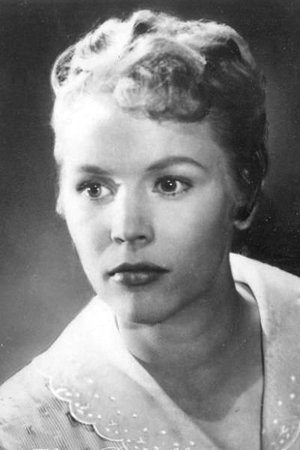
Karla Runkehl
as Luise Otto-Peters
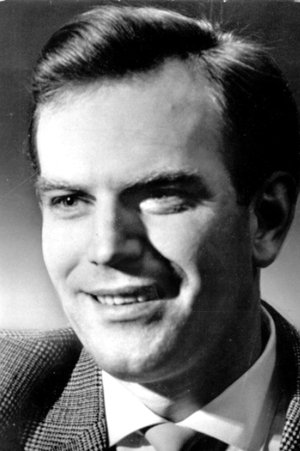
Rudolf Grabow
as August Peters
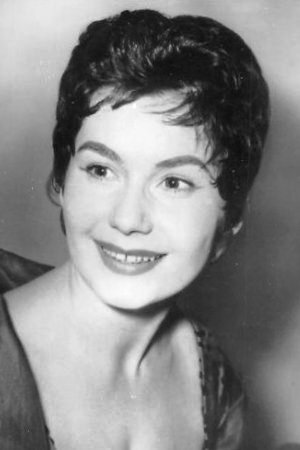
Lore Frisch
as Antonie
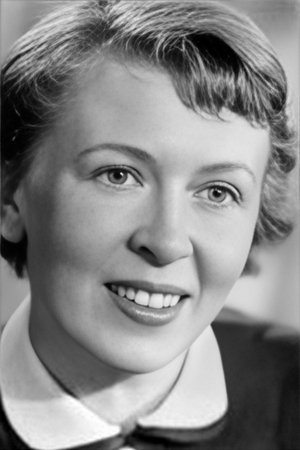
Helga Göring
as Melanie
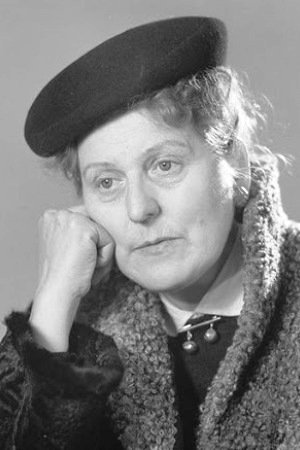
Ruth Baldor
as Tante Amalie
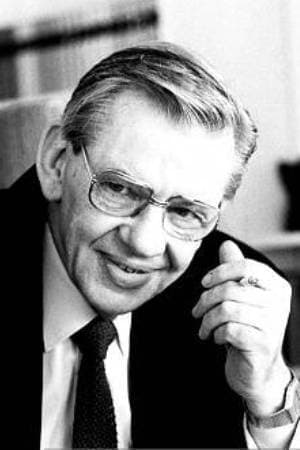
Hanns Anselm Perten
as Dennhardt
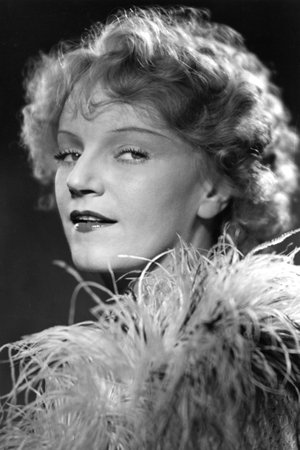
Maly Delschaft
as Frau Führmann
Hans Finohr
as Father Otto
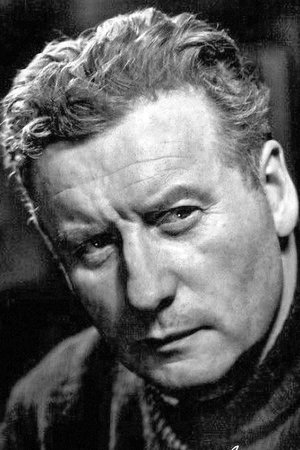
Albert Garbe
as Robert Blum
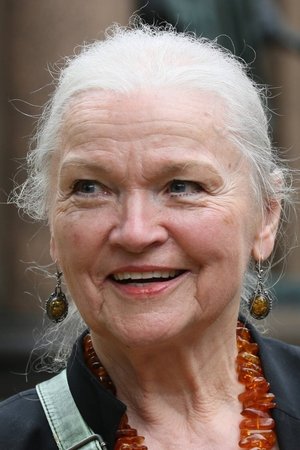
Eva-Maria Hagen
as Franziska
Isolde Thümmler
as Klementine
Hans Stetter
as Baron Rödern
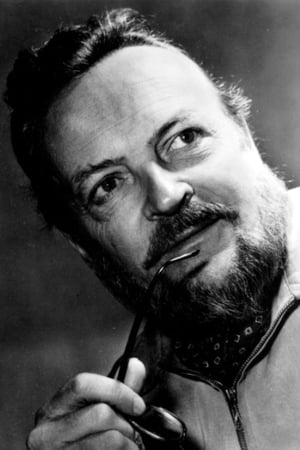
Hans-Joachim Büttner
as Prof. Klemm
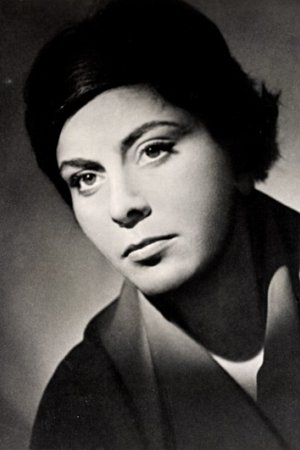
Marianne Wünscher
as Frau Schirmer
Hermann Matt
as Schönemann
Peter A. Stiege
as Master Burkhardt
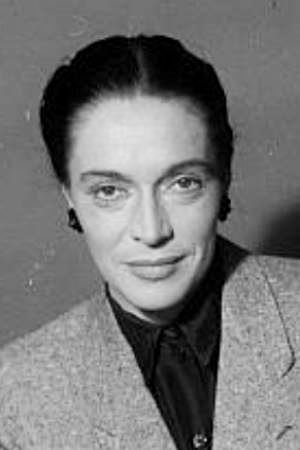
Marga Legal
as Frau Apotheker
Bella Waldritter
as Mother Peters
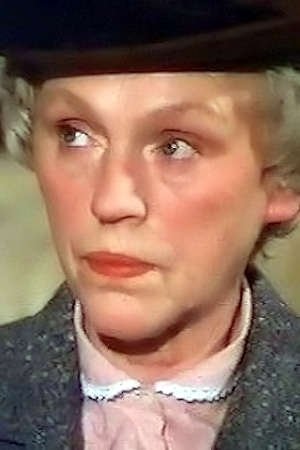
Edith Volkmann
as Minna
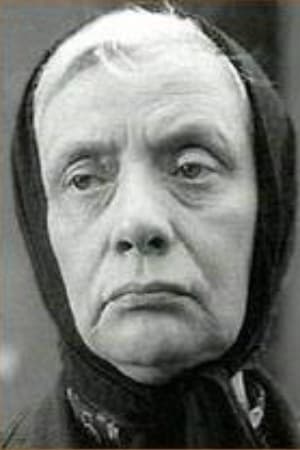
Maria Besendahl
as Frau Plesser
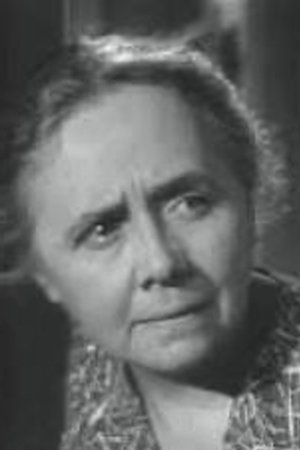
Charlotte Küter
as landlady
Christina Monden
as Madeleine
Waldemar Jacobi
as Father Peters
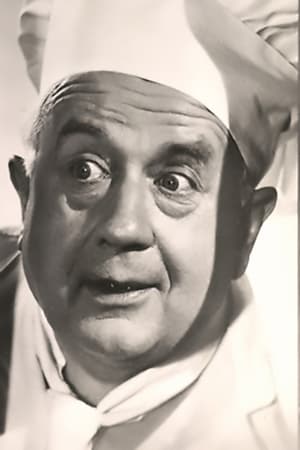
Herbert Kiper
as pharmacist
Egon Vogel
as Herr Schirmer
Heinz Kögel
as Detective
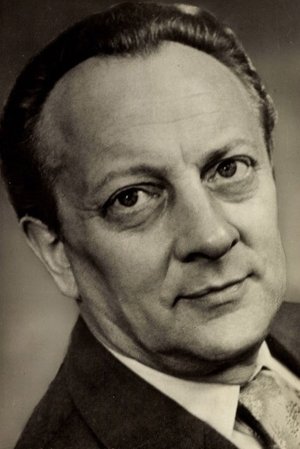
Hans Klering
as host
Friedrich Teitge
as Zöllner
Grete Carlsohn
as Mother Willecke
Willi Wietfeldt
as Father Willecke
Jörg d'Bomba
as Assessor
Wolfgang-Erich Parge
as master
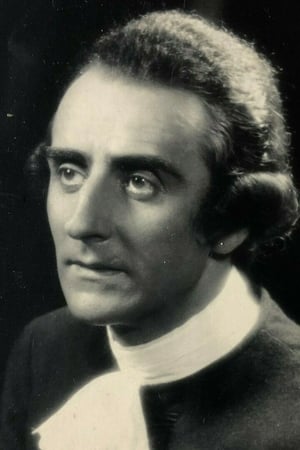
Charles Hans Vogt
as Faktor
Walter E. Fuß
as Metier
Otto Krieg Helbig
as Machine master
Carlo Kluge
as Detective
Oswald Foerderer
as Guard in the consulting room
Karl-Heinz Weiss
as Constable
Günther Ballier
as Director of the fortress
Rolf Bergmann
as Student
Karl-Helge Hofstadt
as president